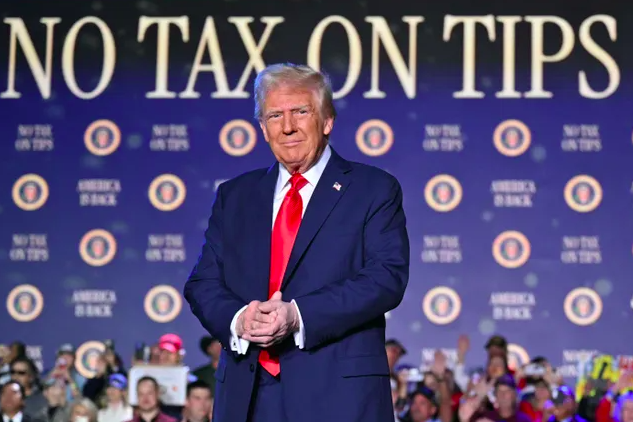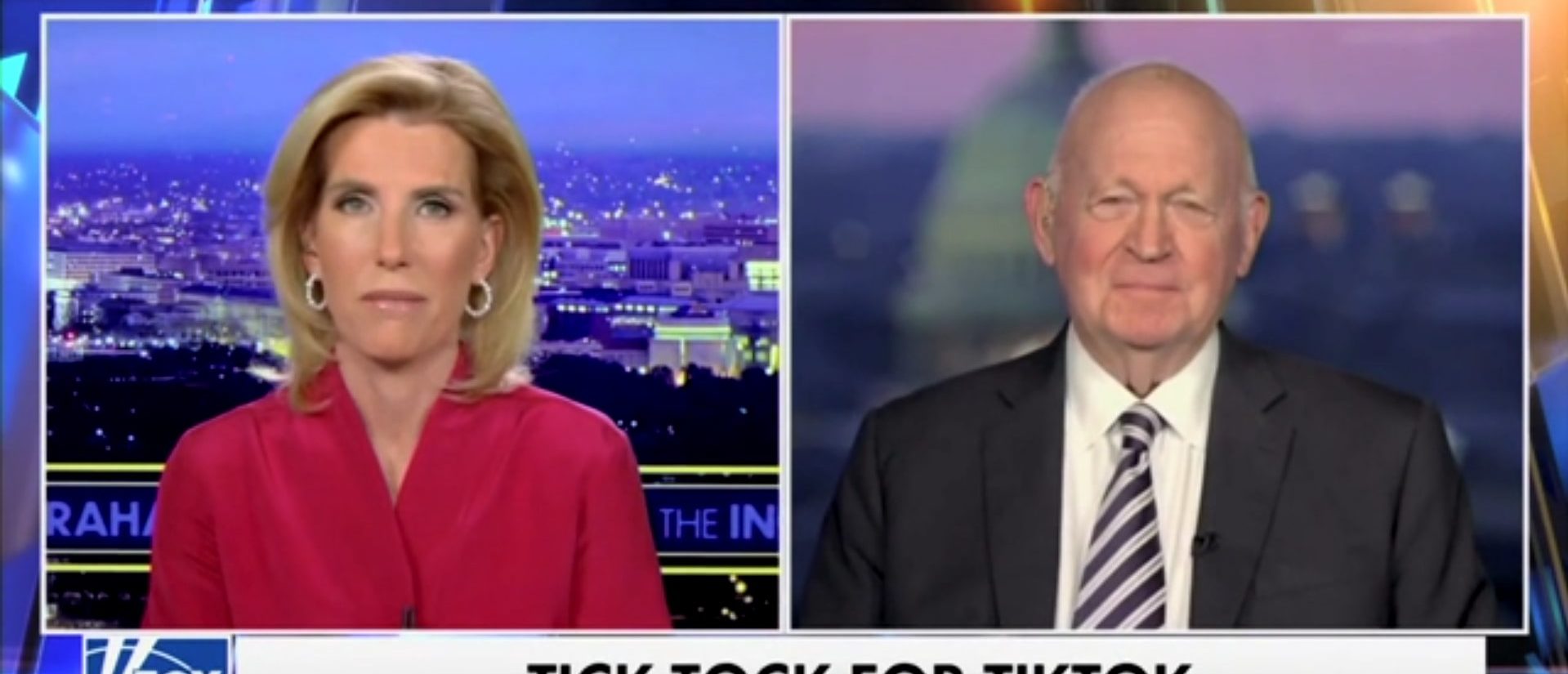Former President Donald Trump has unveiled his plan to push for sweeping tax cuts and eliminate taxes on tips, promising to lighten the financial burden on working Americans and stimulate economic growth.
Speaking to supporters on Friday, Trump outlined his economic vision, which includes “massive” tax cuts for families and businesses. The proposal, he said, is designed to encourage entrepreneurship, reward hard work, and reinvigorate the U.S. economy. A centerpiece of this plan is the elimination of taxes on tips, a move he described as “long overdue.”
Trump’s Economic Vision
The former president confirmed his commitment to collaborate with Congress to bring these initiatives to fruition. “We’re going to be working with Congress to pass a bill that will deliver massive tax cuts for families and businesses and end taxes on tips,” Trump declared. He emphasized the importance of recognizing tips as a reward for hard work rather than taxable income.
For workers in industries like hospitality and food service, where tips make up a significant portion of their earnings, this initiative could be a game-changer. Trump argued that taxing tips penalizes hard-working Americans who rely on them to make ends meet.
The announcement highlights Trump’s broader economic philosophy of reducing government interference in the private sector and empowering individuals to thrive without excessive taxation.
Tax Cuts to Spur Economic Growth
Trump’s push for tax reform echoes the policies of his first term, during which the Tax Cuts and Jobs Act of 2017 significantly reduced tax rates for individuals and corporations. That legislation, credited with stimulating economic growth and creating jobs, remains a cornerstone of Trump’s economic legacy.
The proposed new tax cuts are expected to build on that foundation, particularly by targeting middle-class families and small businesses. According to Trump, these measures aim to provide relief to hardworking Americans while incentivizing business expansion and investment.
During his speech, Trump highlighted the success of his previous tax policies, noting, “The results speak for themselves. We saw record growth, historic lows in unemployment, and a thriving middle class.” He vowed to replicate and expand upon those successes.
Eliminating Taxes on Tips: A Conservative Perspective
Trump’s proposal to eliminate taxes on tips has been met with enthusiasm from conservative commentators and lawmakers. Many view this as a practical solution to relieve financial pressure on service industry workers while adhering to conservative principles of limited taxation and individual freedom.
Supporters argue that tips are a direct reward for excellence in service and should not be subject to government taxation. Eliminating these taxes, they contend, aligns with the ethos of allowing workers to keep what they earn through hard work and dedication.
Critics of tipping taxes also point to the disproportionate impact on lower-income workers. In industries where wages are often below the standard minimum due to tip-based income, taxing tips can feel like an additional hurdle for those trying to get ahead.
Trump’s stance resonates with many conservatives who see the measure as a way to ensure fairness and reward effort. The proposal also underscores the Republican Party’s commitment to empowering the middle and working classes.
Challenges Ahead
While the plan has drawn strong support from Trump’s base and conservative lawmakers, it is likely to face opposition in Congress. Democrats may argue that such tax cuts could reduce federal revenue and contribute to the deficit. Trump, however, has dismissed these concerns, pointing to the economic growth spurred by his 2017 tax reform as evidence of the long-term benefits of tax cuts.
Trump’s allies in Congress have already signaled their willingness to back the proposal, viewing it as an opportunity to solidify Republican support among working-class voters ahead of the 2026 midterm elections.
Reconciliation—a legislative process allowing budget-related bills to pass with a simple majority in the Senate—may be the key to advancing Trump’s tax plan. Using this method would allow Republicans to bypass potential Democratic filibusters and push the legislation through.
Conservative Support for a Bold Agenda
Conservatives have hailed Trump’s announcement as a testament to his continued commitment to championing pro-growth policies. By prioritizing tax relief for families and businesses and targeting tipping taxes, Trump has once again positioned himself as an advocate for the American worker.
This bold agenda highlights Trump’s focus on preserving traditional conservative values, particularly the belief that Americans should keep more of what they earn. For those frustrated with burdensome tax policies and government overreach, Trump’s plan offers a hopeful vision of economic freedom and prosperity.
As Trump works to solidify his platform for a potential 2028 presidential run, the proposal is likely to energize his supporters and further differentiate him from his political rivals.


